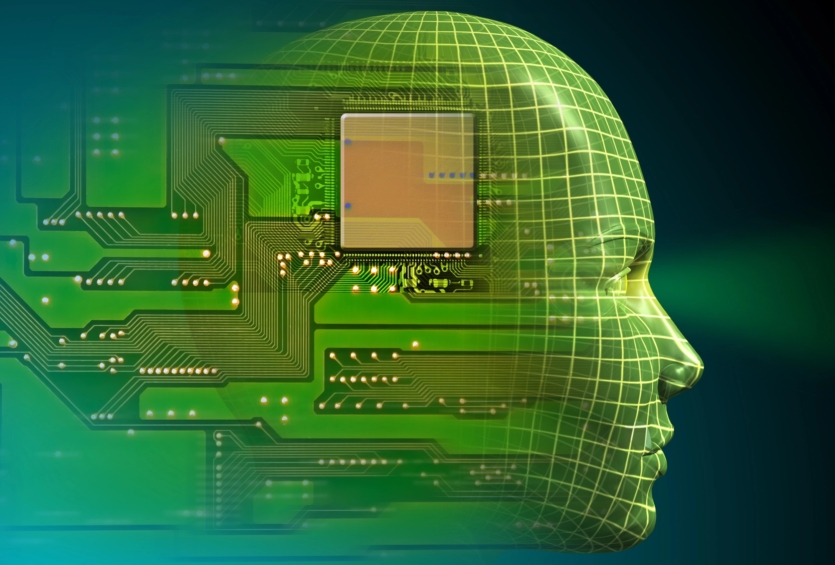
American researchers from Stanford University have presented brain-computer interface is capable of translating imaginary words in the brain into real speech.
Unlike similar previous systems that recognize signals in the brain, generated when a person speaks, the innovative interface is able to recognize words in a person’s head, even if they are silent.
The study involved 4 people with severe paralysis due to amyotrophic sclerosis and brain stem stroke. One of the participants could answer “yes” only by moving his eyes upward, and “no” by moving his eyes from side to side.
The doctors implanted microscopic arrays of electrodes into the motor cortex of each participant. This area usually controls movements related to speech. The technology was developed by a consortium of BrainGate BCI, which is a long-term scientific collaboration in the field of brain-computer interface research.
These electrodes recorded cerebral cortex activity, which is responsible for speech and movement. Participants were offered 2 types of tasks — try say out loud and imagine certain words.
The neural networks were trained to detect and classify different patterns of brain activity, associated with the phonemes — individual sound units of speech. The system then transformed these phonemes into complete words and sentences in real time.
The researchers found, that the speech in the participants’ heads created a weaker, but still clear, neural signature compared to the recitation. However, the decoding system achieved an accuracy of up to 74%.
“For the first time, we were able to understand what brain activity looks like when you’re just thinking about a conversation. For people with severe speech and motor impairments, neurocomputer interfaces that recognize internal speech can make communication easier and more natural”, — says the study’s lead author, a neuroscientist from Stanford Erin Kunz.
According to the senior representative of the research team, researcher of the department Frank Willett, professor of neurosurgery at Stanford University, the results demonstrate the system’s progress in restoring speech to people with physical disabilities and serious illnesses. Willett emphasized, that for people with partial paralysis, trying to speak can be exhausting and lead to breathing difficulties and other problems. Decoding silent speech directly from the brain can eliminate these shortcomings.
In addition, the researchers found that in some cases the system recognized words that were not part of what the participants were supposed to imagine, for example, counting numbers during a visual task. To solve this problem, the team created a kind of mental lock, in which the decoder remains inactive until it is triggered by an imaginary password. During testing, the phrase “chitty chitty bang bang” successfully blocked unintentional decoding in 98% of cases.
Stanford developers are convinced that in the future, devices will allow people to communicate only with the help of thoughts. Language BCIs will one day be able to restore communication that is as free, natural, and comfortable as spoken language.
Source: Stanford University; TechSpot

Spelling error report
The following text will be sent to our editors: